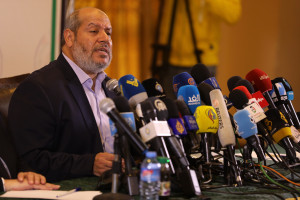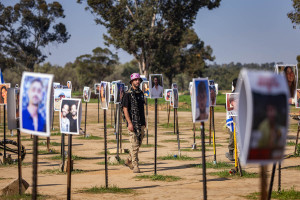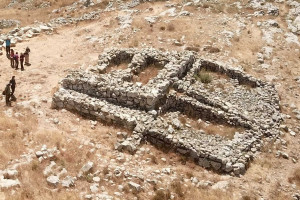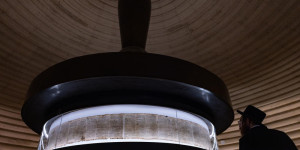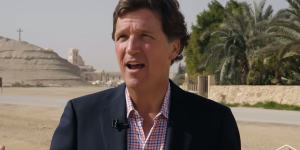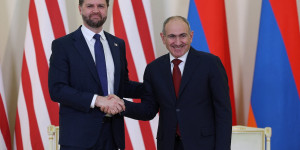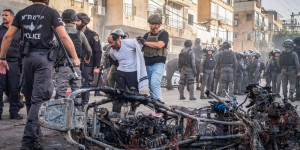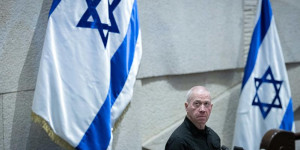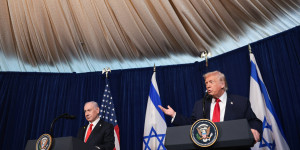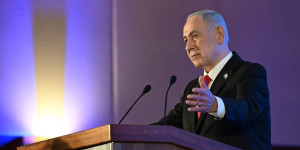Int'l Gaza security force is meant to disarm Hamas & isn't a UN peacekeeping mission, Israel's UN Amb. Danon says
Witkoff meeting with Hamas leaders said canceled due to Israeli pressure
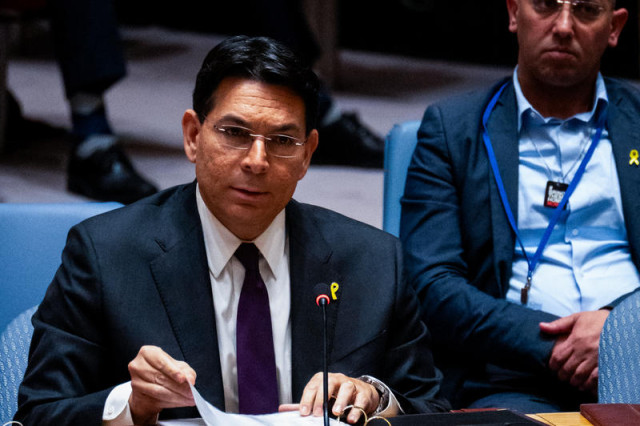
After the U.S.-proposed UN Security Council Resolution 2803 was approved on Monday, many questions regarding the International Stabilization Force (ISF) remain.
The force is not a UN peacekeeping mission, which must be established under Chapter VII of the UN Charter. That chapter allows the UN to determine the existence of threats to peace and take action, up to and including military action.
Israel’s Ambassador to the UN Danny Danon told The Jerusalem Post that the decision not to pursue Resolution 2803 under Chapter VII preserves Israel’s freedom of action against threats in the Gaza Strip.
“This initiative is not from the UN, and the UN was given no mandate or authority,” Ambassador Danon told the Post following the resolution’s approval. “It’s an American initiative; the US is trying to complete the mission of disarming Hamas.”
Danon clarified the importance for Israel that the resolution did not create a UN mandate: “The resolution did not pass under Chapter VII, which would have turned the ISF into a UN Security Council peacekeeping force. There are no sanctions, no enforcement mechanism handed to the UN,” Danon explained.
This contrasts with the situation in southern Lebanon, where Israel has often maintained that the United Nations Interim Force in Lebanon actively interferes in Israeli attempts to limit Hezbollah activity, while refusing to enforce the disarmament of the Shia terror organization south of the Litani River, which was part of the force’s mandate.
“If this doesn’t succeed, we are not disappearing. We remain in the area,” Danon said, referring to the continued ability of the IDF to act against ceasefire violations by Palestinian factions in Gaza.
While many of the nations that have dialogued with the U.S. over participating in the ISF have spoken of a peacekeeping role for the force, Danon said that “For Israel, what matters is demilitarizing Gaza. That is the heart of the matter.”
He said that for Israel, demilitarization “is a core requirement.”
The ambassador also acknowledged problems with the differing views on the role of the ISF among the countries expected to commit troops to the force.
“We’re not seeing many countries lining up to send forces, whether soldiers or police. There are concerns, and it’s clearly challenging,” Danon stated.
Recently, Jordan’s King Abdullah II cautioned against the idea of the ISF forcibly disarming Hamas.
A source close to King Abdullah II said that “Arab states will not enter Gaza and start clashing with a terrorist organization.”
“They are willing to maintain calm, but not to carry out the operations Israel wants the force to perform,” the source stressed.
Abdullah himself made a similar statement, telling the BBC, “What is the mandate of security forces inside of Gaza? And we hope that it is peacekeeping, because if it's peace-enforcing, nobody will want to touch that.”
The issue of Hamas’ disarmament has reappeared following the passing of the resolution, with Hamas leaders on Monday reaffirming the group’s refusal to give up its weapons before the establishment of a Palestinian State.
In the background of that refusal and the passing of Resolution 2803, reports in Arab media claim that U.S. special envoy Steve Witkoff will meet with Hamas’ Khalil al-Hayya, along with other senior officials, to ensure the Gaza peace process stays on track.
The Arab reports, which were repeated in Israeli media, claimed that Witkoff would meet al-Hayya in Istanbul on Wednesday; however, Israeli journalist Barak Ravid claimed that no such meeting has been confirmed.
The Hezbollah-affiliated Al Mayadeen outlet later said the meeting was canceled due to Israeli pressure following Hamas' rejection of disarmament.
Witkoff has claimed that Hamas agreed to disarmament in their Oct. 9 meeting, before the announcement of Trump’s peace proposal, which was accepted by Israel. However, Hamas leadership claimed on Monday, and again in an official statement on Tuesday, that the condition was never raised during their discussions with the Americans.
The lack of clarity around the issue can also be seen in the differences in language used by the various countries that signed the peace deal in Sharm el-Sheikh.
Most of the Arab or Muslim countries that signed the deal have called the ISF a peacekeeping force, and have spoken of the decommissioning of Hamas’ weapons, rather than the disarmament of the terror group.
An Egyptian source told the news site Ahram that the ISF is not about a forced disarmament of Hamas, but a negotiated “neutralization of Hamas’ military capacity.”
The Israeli government is not likely to agree with such a view, and this will potentially lead to complications in establishing and deploying the ISF in Gaza.

The All Israel News Staff is a team of journalists in Israel.
You might also like to read this:


